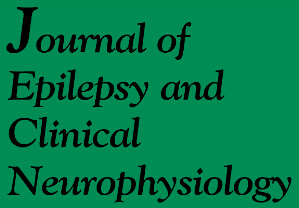OBJECTIVE: To verify the efficiency of dichotic listening in senior citizens with peripheral auditory loss. METHODS: 30 patients were evaluated, all over 60 years and suffering from neurosensory auditory loss, during the period from March to November 2007, in a private institution in the city of Curitiba, state of Paraná. The following procedures were carried out: anamnesis, otorhinolaryngologic, audiologic and imitanciometric evaluations and an evaluation of auditory processing by the application of the Staggered Spondaic Word test - (SSW). RESULTS: a) 70% of the patients presented alterations in at least one of the ears in competitive left or right conditions; b) the degree of alteration was from light to severe and the right ear presented a statistically significant advantage in relation to the left; c) the tendencies of answers obtained were: type A - 70%, order effect - 36,6%, auditory effect - 13,3% and inversions 6,6%; d) there was a significant difference in the tendency for EA (auditory effect) answers, comparing the American standard to the findings of the present study. CONCLUSION: The efficiency of dichotic listening in senior citizens can be jeopardized due to peripheral auditory loss, and as such, loss of acoustic information has been observed, which reduces the probability of understanding speech. Therefore, the evaluation of dichotic listening is an important tool in the improvement of the selection and adaptation of individual sound amplification aids so that their use is more meaningful.
Hearing; aging; hearing loss; auditory perception




